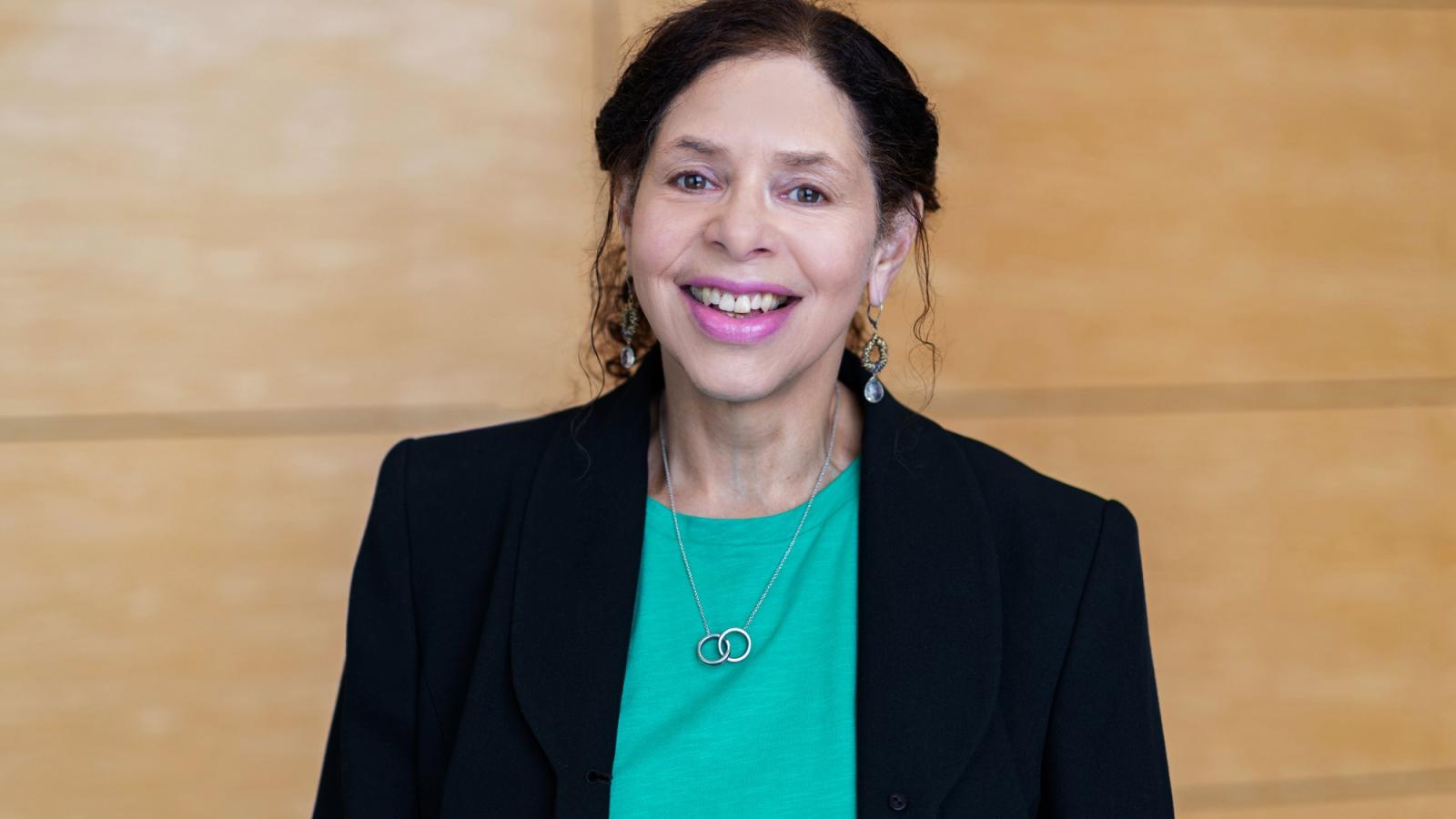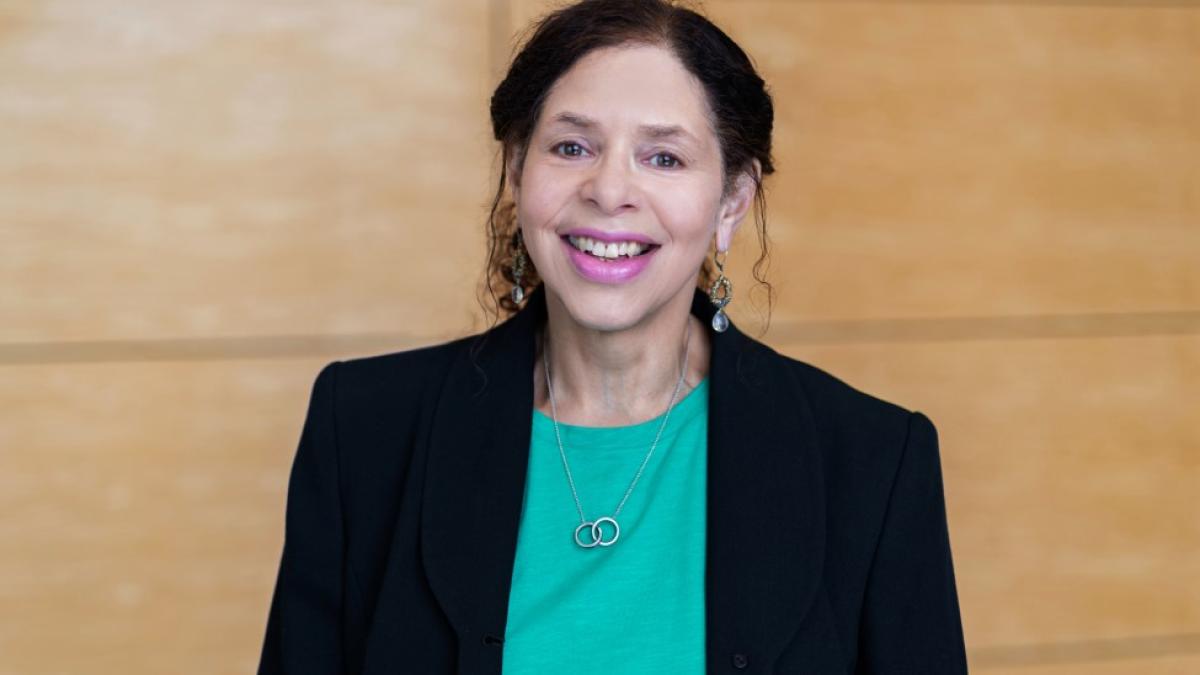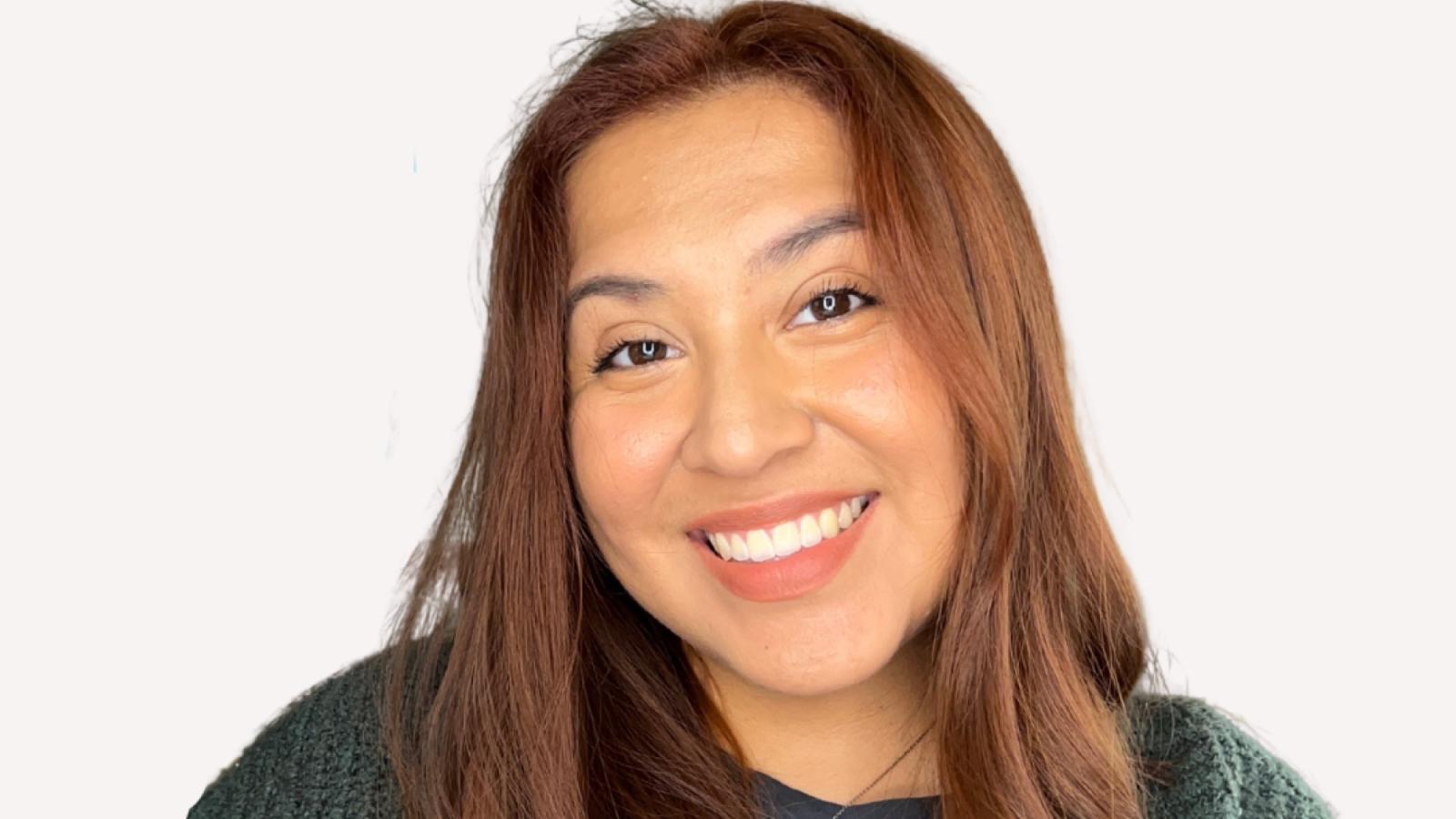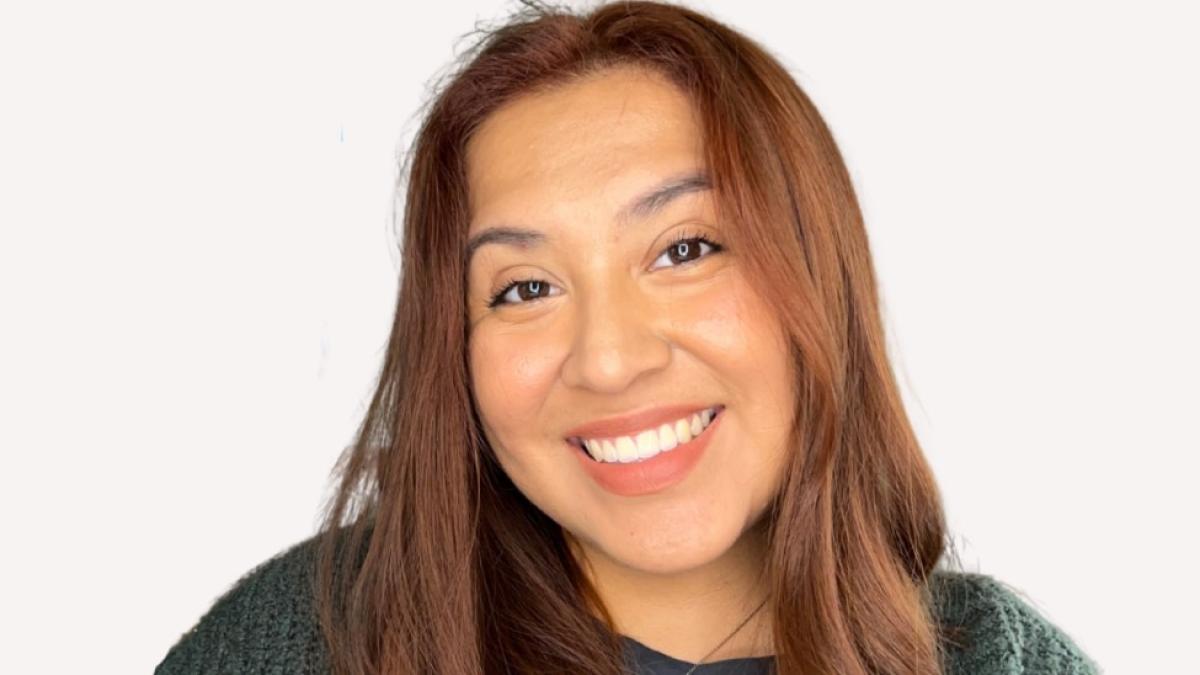31 Colleges Across New York State Among America's Best
The Princeton Review released its 2024 "Best College" list, highlighting the 389 best colleges across the country and over 30 from New York State made the list including Pace University.
Supreme Court To Hear 2 Major Regulatory Cases Next Week
Professor Josh Galperin speaks with E&E News by POLITICO about the Supreme Court to hear a pair of cases that have the potential to upend EPA air pollution rules and disrupt regulations across a spectrum of other federal agencies.
“What if a new business pops up that wasn’t in a position to challenge the rule in the first seven years?” said Josh Galperin, an assistant law professor at Pace University.
Tray Alexander's Emotional Road From Friends Academy To Top Assist Man In Division II
Newsday writes a story about Pace men's basketball player Tray Alexander 24’ and his emotional journey from Friends Academy to top assist man in Division II.
Tray Alexander is a Freeport product and one-time star at Friends Academy in Locust Valley now running the men’s basketball show at Pace University. Pace recruited Alexander three times before landing him.
Power and Politics
Professor Gershman was featured on Power and Politics by News 12 where he discussed his thoughts and analysis on the new House district maps released by New York’s Independent Redistricting Commission.
Breaking News
Professor Bennett Gershman speaks with CBS News about Donald Trump and his companies being ordered to pay $364 million in the New York civil fraud case.
AI's Promise And Problem for Law And Learning
Law Professor John Bandler writes a piece in Reuters about AI’s promise and problem for law and learning.
Artificial intelligence (AI) is the latest technological tool and the debates are ongoing about future legal and societal implications. Maybe AI will make everything better and improve our lives and solve the world's ills. Maybe it will cause the end of human existence. Or somewhere in between.
A Clean Energy Career Summit Is on the Way in Westchester
The Westchester County Clean Energy Accelerator’s Career Working Group, a partnership between Westchester County’s Office of Economic Development and Sustainable Westchester, will host the inaugural Westchester County Clean Energy Career Summit at Elisabeth Haub School of Law.
$1.8 Million In State Grants Allocated To Aid Flood-Prone Communities Along The Hudson River
Governor Kathy Hochul recently announced grant awards of over $1.8 million for 26 projects in Hudson River Communities. Pace University was awarded $49,811 for “Flood Resilience Network Land Use Leadership Alliance Training Program,” a project with the Land Use Law Center that will implement a community-based Land Use Leadership Alliance (LULA) training program for five to seven municipalities that are members of the Hudson Valley Flood Resilience Network.
Faculty Focus: Professor Barbara Atwell
Professor Barbara Atwell joined the faculty at Haub Law in 1986. A health law teacher and scholar, she was also appointed as the Director of Diversity, Equity and Inclusion in 2009. Prior to joining Haub Law, she clerked in the sixth circuit and worked as an associate with Arnold and Porter. Now, in her 38th year of teaching at Haub Law, Professor Atwell enjoys all of the courses she teaches, with Bioethics and Medical Malpractice having a slight edge as her favorite.


Professor Barbara Atwell joined the faculty at Haub Law in 1986. A health law teacher and scholar, she was also appointed as the Director of Diversity, Equity and Inclusion in 2009. Prior to joining Haub Law, she clerked in the sixth circuit and worked as an associate with Arnold and Porter. Now, in her 38th year of teaching at Haub Law, Professor Atwell enjoys all of the courses she teaches, with Bioethics and Medical Malpractice having a slight edge as her favorite. Learn more about Professor Atwell's journey to law, her scholarship, and things you may not know about her such as her passion for Feng Shui, in this Q&A.
What was your journey to ultimately becoming a professor at Haub Law?
After receiving my undergraduate degree from Smith College, I worked at IBM for three years. From there, I went to Columbia Law School. After graduating, I clerked for a year on the United States Court of Appeals for the Sixth Circuit, in Cincinnati, Ohio. Still unsure about my career path, I decided to move to Washington D.C. and joined Arnold and Porter as an associate. While I was in law school, I thought about pursuing a career in academia, but it wasn’t until I was working at the firm that I began to seriously consider it again. I had a friend who started teaching a few years before I did, and he encouraged me to pursue a career in teaching. I ended up at Pace in part because of the location, and in part because of the people I met when I interviewed here.
What was your experience working at the United States Court of Appeals for the Sixth Circuit?
Working on the Sixth Circuit was amazing. I had the opportunity to watch many oral arguments – in some ways, it’s like watching a lot of Moot Court arguments because the Sixth Circuit is, of course, an appellate court, so you are watching lawyers come in and make oral arguments every few weeks or so. My responsibilities as a judicial clerk included drafting opinions and writing bench memos. In other words, I did a lot of legal writing, which was quite beneficial for my subsequent positions.
Another invaluable part of my clerkship experience were the people I worked with. Judge Nathaniel Jones had three clerks, and we became close friends, so in addition to being a great learning experience, my time as a clerk was like working with family.
Would you recommend clerking as an entry point before getting out into the legal workforce?
Absolutely! Every judge and every clerkship is different, but often times it gives the clerk an opportunity to refine his or her research and writing skills. If you have a chance to clerk for a judge, you should definitely take it because I don’t believe there is anything else quite like it. For me, it truly was a wonderful experience. It also enhances your resume.
What made you want to practice health law?
There wasn’t one single precipitating factor that pushed me toward health law. I clerked in the midst of the Reagan Administration when people were losing social security disability benefits. I remember seeing cases where people who, for example, complained of pain that prevented them from working were suddenly losing their benefits. My recollection is that some of these people lost their disability benefits without any documented change in their medical conditions. Later, at Pace, I began teaching health law when the school was building up the health law program. I volunteered to teach health law, and I’ve been doing so ever since.
What is your favorite course to teach?
Well, I really enjoy teaching Bioethics and Medical Malpractice -- that is probably my favorite class. To be honest, I really enjoy all the health law classes. I’ve also begun to teach Poverty Law, which I also find quite rewarding.
Another course that was special to me was a course I created a few years ago called Great Migrations. I think it was just a 1 credit course, and it was a lot of work because there was no casebook, but I taught things like the Chinese Exclusion Act, Japanese Internment, Operation Wetback, etc.
How did you get involved with diversity and inclusion at Haub Law?
I was appointed as director of diversity in 2009. I was appointed to help ensure that the Law School is a welcoming and inclusive environment for people of all genders, races, cultures, ages and abilities. As Director of DEI, I serve as a resource for students, faculty, and staff and regularly meet with heads of student organizations, assist in planning events, and advocate for certain institutional changes on campus. My role runs the gamut and I truly enjoy it.
You have a number of publications, which were your favorite to work on?
The last one I wrote was very interesting to me, From Public Health to Public Wealth: A Case for Economic Justice. This article was in the process of being edited when the pandemic hit. And since the article has a section on public health, I was happy to be able to edit it before the final publication and add in the current information we had at the time. Things changed so rapidly, though, that even as I added new information, it was quickly becoming dated!
In some ways my article Mainstreaming Complementary and Alternative Medicine in the Face of Uncertainty was my favorite to work on because I am a big believer in complementary and alternative medicine. Teaching health law gave me insights into how traditional medicine and complementary and alternative medicine can fit nicely together.
What advice do you have for students?
My biggest piece of advice would be to really take advantage of all the opportunities that are available to you as a law student. This includes getting to know professors, participating in student organizations, and getting involved in work outside of the classroom (while not slacking off on class work).
Can you tell me about your certification in Feng Shui?
I think it was 2004 when I went to feng shui school. There is a bit of background that goes into this – in 2000, I was diagnosed with breast cancer, and I attended a yoga class. My yoga instructor had books about Feng Shui. At the time I didn’t know anything about it. My journey of healing led me to acupuncture and to feng shui. In some ways, they are similar in that they are both focused on energy. Acupuncture balances the body’s energy, and feng shui is about balancing the energy of our physical spaces. Feng Shui is really about balance and de-cluttering. I haven’t had time to do much Feng Shui in recent years. When I retire, I will probably dedicate some of my time to Feng Shui.
What is something that your students or fellow faculty do not know about you?
I’ll give you a couple of personal tidbits that not everyone knows. First, my children are adopted and so I am a strong advocate for adoption as a way to form a family. Both of my children have met their birth mothers, and my daughter also recently met her birth father.
Second, my partner is a man I started dating in 2014, but we met back in 1976 at the beginning of our senior year in college. I was at Smith College, and he attended Williams College. We met at a party and remained friends. Although we lost touch for a few years in the middle as we each got married, had kids, etc., we never lost touch for very long. You never know when a longstanding friendship may evolve into a life-long partnership.
Natalie Lara '25: Bridging Science, Policy, and People
Natalie Lara ’25 is a first generation Mexican American whose parents both came to the United States as young adults. Natalie was the first in her entire extended family to attend undergraduate school and now is the first to attend law school.


Natalie Lara ’25 is a first generation Mexican American whose parents both came to the United States as young adults. Natalie was the first in her entire extended family to attend undergraduate school and now is the first to attend law school.
Originally, Natalie wanted to become a climate researcher, but after taking her first environmental policy course she learned more about environmental law and was intrigued. “Environmental law really stood out to me, because my professor had explained it as a way to bridge science, policy, and people,” said Natalie. “I knew I liked working with people, but I also wanted to advocate for better environmental conditions. Furthermore, growing up in South Florida, hurricanes were a common occurrence. I saw how climate change was affecting my community and other communities like mine, and I realized that I wanted to use the law to advocate for a sustainable future for all.”
So far, Natalie has had a very well rounded and positive experience at Haub Law. She finds the professors engaging and enthusiastic and all are willing to go beyond the classroom and act as mentors to help their students navigate their legal careers. “Professor Narula in particular always inspires me,” said Natalie. “In addition to her impressive legal career and despite any injustices that she's confronted throughout her life, she is still kind to everyone, and she reminds us to do the same. She reminds her students that it's important to process emotions as we feel them, whether we have great wins or great losses. This has been invaluable to remember.”
During her time at Haub Law, Natalie has participated in the Land Use Law Center legal externship and helped to develop the Climate Resilient Development workshop series. She is also president of the Environmental Law Society here at Haub Law, secretary of the Latin American Law Students Association, and Hospitality Vice-Chair for the National Environmental Law Moot Court Competition.
Natalie is pursuing an Advanced Certificate in Environmental Law and when she graduates in 2025, she hopes to find herself working in environmental law. “I would love to end up at a firm full of people who are inspired by the law and continue to challenge themselves.”
School-life balance is important to Natalie and even as a 1L last year she was able to read 100 books for leisure! “It is important to dedicate time to focus on yourself outside of your studies,” said Natalie.